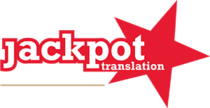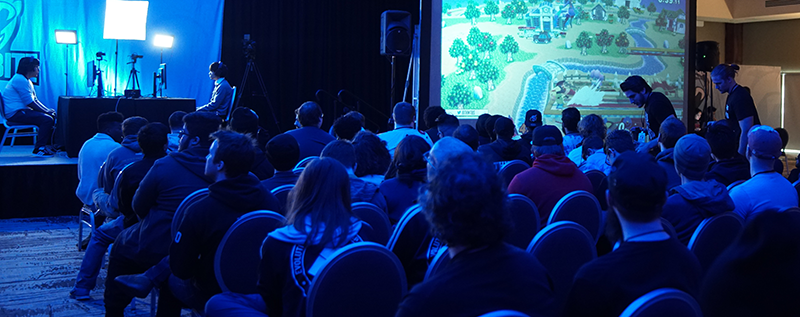According to Newzoo’s 2019 Global Games Market Report, gamers around the world are expected to spend $152.1 billion on games this year – a +9.6% year-on-year increase. The study found that there are more than 2.5 billion gamers around the world with the US, China, Japan, South Korea and Germany representing the largest-value markets of game developers.
That’s a diverse top five, comprising of distinct languages and cultures that game developers need to address, if they want to tap into the world’s most profitable markets. Translation is the first step towards achieving this, but many developers still don’t understand how to approach gaming translation. Here are seven myths developers need to look out for, otherwise it’s going to be “game over” before it’s even begun.
Seven gaming translation myths debunked
Unfortunately, many developers (including some of the biggest names) don’t really understand gaming translation and the worrying thing is that this stems from failing to truly understand their gamers.
This is why the following myths are so problematic:
- “Gamers don’t care about translation”: We have shown, time and again, how much gamers care about translation and localised experiences.
- “English is a global gaming language”: Yes, English acts as a kind of global language for international gamers to communicate with each other, but this does not mean foreign-speaking gamers are happy to play games in English.
- “A quick Google Translate will do the job”: Running your game scripts through Google Translate does not count as gaming translation.
- “Fans will translate our games for free anyway”: This may be true, but the quality of those translations isn’t going to provide a quality experience for gamers.
- “Any translator will do – the cheaper, the better”: You have invested a lot of time, money and resources into creating an immersive game experience and you can’t accept anything less than specialist gaming translators who will recreate this experience in every target language.
- “Gaming translation can’t be that difficult”: Wrong. Gaming translation is a highly technical process that affects the way you develop your game, down to the very code in your games’ core files, as well as how you market them to each target audience.
- “Gaming translation is too expensive”: You are looking at this from the wrong perspective. Gaming translation is there to help you maximise profit in every target market, which means it should more than pay for itself. It is only expensive if you cut corners and fail to deliver the level of translation required to engage gamers in their native language.
Failing to provide translations for your target audiences is a real slap in the face for the people you expect to buy into your game – and we have seen the kind of backlash this can create.
If you want gamers in a foreign-language market to play and buy your titles, the least you can do is provide quality translations that enhance the experience for them.
Making translation cost-effective and profitable
Translation isn’t really optional in today’s global gaming market; it’s a requirement developers need to take seriously. Making this cost-effective can be difficult, but specialist agencies know how to reduce the time and financial investment required to deliver quality translations and, ultimately, maximise your profits in each market.
With technologies like machine translation, translation memory and translation management, repetitive tasks are cut out of projects, which creates the most time-effective process. The larger projects are and the more projects you have, the greater these savings become.
Even more important than having the right tools, is having the right language experts on your side and this goes far beyond translation. Gaming localisation specialists can ensure the code in your games is optimised for implementing and delivering translations – not only for gamers, but in a way that allows developers to add new languages with a single line of code and edit translation files without touching core files.
By building your games ready for translation from the ground up, you will have a highly cost-effective development and translation process that delivers the fastest possible ROI and you will maximise profits in every target market.

